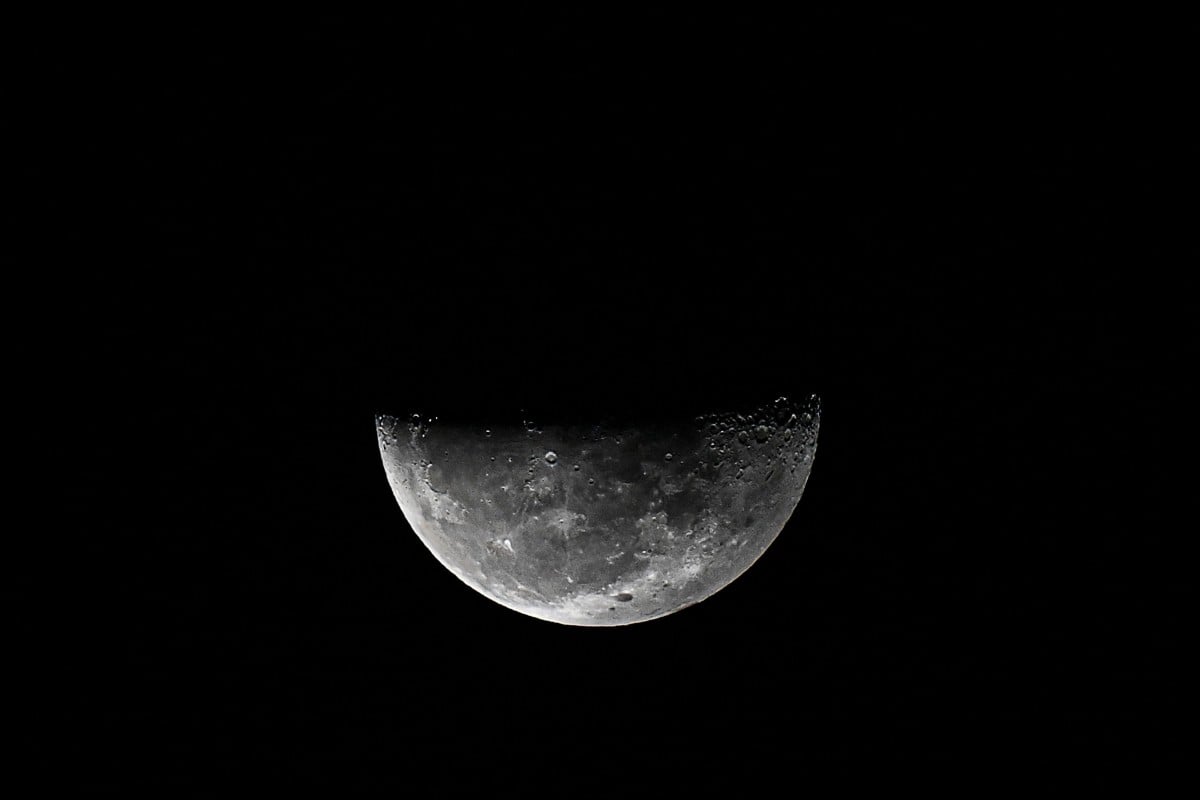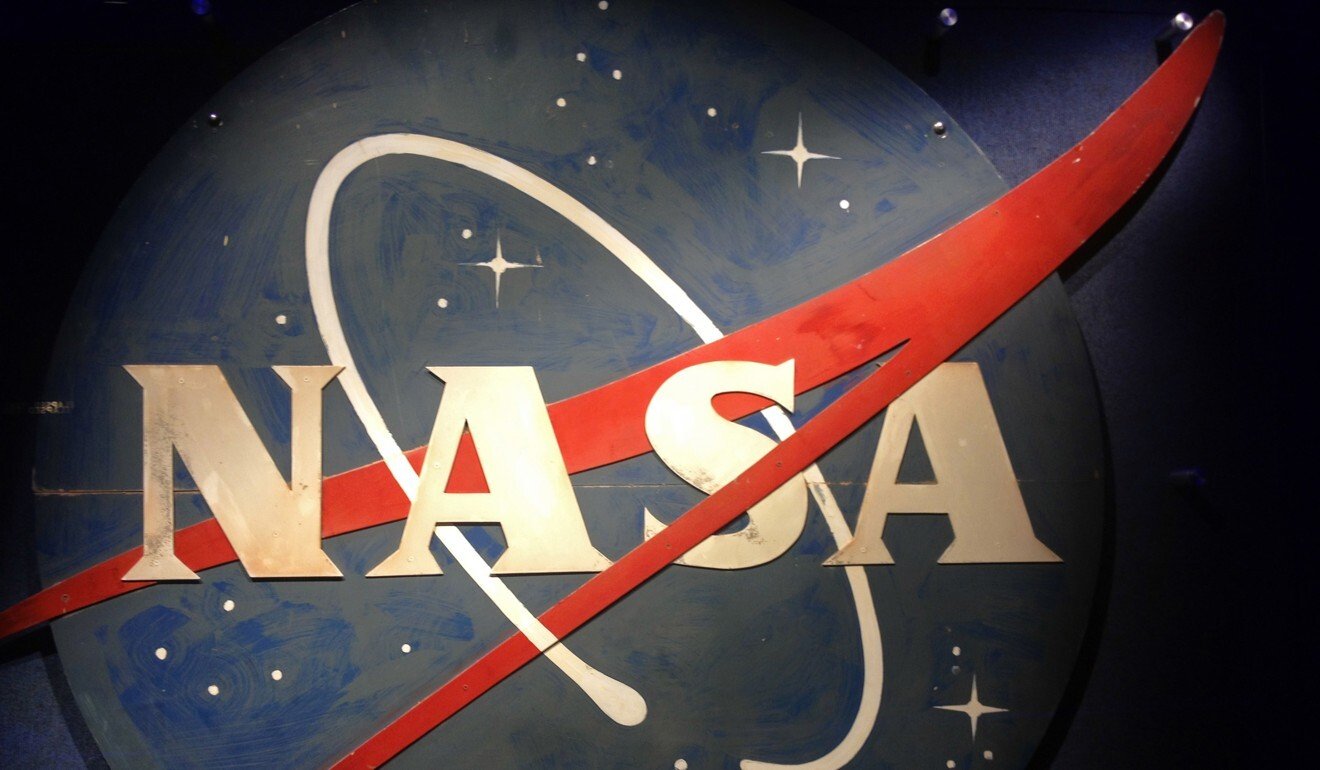Liu Zhen

Nasa’s new Artemis Accords were signed on Tuesday between the US and Australia, Britain, Canada, Italy, Japan, Luxembourg and the United Arab Emirates.
The accords allow countries or private companies to extract lunar resources and create temporary “safety zones” on the moon for their operation to “avoid harmful interference” from others.
They also require countries to be transparent about their plans in space and to share their scientific discoveries as required by the Outer Space Treaty, and to take part in mutual emergency help and reduction of space debris.

Nasa says the accords will create a baseline for other nations to follow. Photo: MCT
Mike Gold, Nasa’s acting associate administrator for the office of international and inter-agency relations, said even though Russia and China were not signatories, the accords would create a baseline for other nations to follow.
“By embracing our values, along with our partners, we’re creating a track record, a norm of behaviour that will influence the entire world to proceed with the transparent, peaceful and safe exploration of space,” Gold told The Washington Post.
But Chinese observers expected competition in space exploration between the US and China to heat up. Zhou Chenming, a researcher from the Yuan Wang military science and technology institute in Beijing, said this would happen as more private companies from the US invested in the extraction of lunar resources.
Beijing was also sceptical about the accords, said Zhao Tong, a senior fellow at the Carnegie-Tsinghua Centre for Global Policy. “China traditionally believes that space exploration or moon missions are done by state actors,” he said. “From a nation’s point of view, there will always be concerns over questions of sovereignty and security.”
The 1967 Outer Space Treaty states that the moon is “not subject to national appropriation by claim of sovereignty, by means of use or occupation, or by any other means”, while a 1979 UN pact governing activities on the moon and other celestial bodies says any resources of the moon shall not become the property of any state, organisation or individual.
China launches mission to Mars with lift-off of home-grown Tianwen-1 spacecraft
Zhao said the accords could give American companies an advantage in exploration and extraction of lunar resources – an area where China lags.
Space is a growing area of rivalry between the two countries. Both launched missions to Mars in July, and both are expected to reach the red planet in February.
China sent its Tianwen-1 probe for the country’s first mission to Mars, while Nasa launched its Perseverance rover, the fifth US mission.
Space is set out as research priority in Beijing’s current five-year plan to 2020, and in recent years China has become a more active player in space exploration, especially the moon. Its Chang’e-4 probe was
the first to land on the far side of the moon last year, while the Chang’e-5 is expected to be launched in November, tasked with bringing back at least 2kg (4.4 pounds) of lunar rock samples. China also plans to send a crewed mission to the moon in 2025.
Meanwhile, Nasa has restarted its own moon programme, the Artemis Plan – which the accords are named after – to land the first woman and next man on the moon by 2024. This time it is targeting the lunar south pole region, believed to be the location of the most valuable resource on the moon: water ice.
China’s Chang’e 4 lunar probe lands on the far side of the moon
Shanghai-based military commentator Ni Lexiong said Beijing would see the new accords as the US trying to set international rules with a “small group of allies”.
“So international relations on Earth, including the rivalry and conflicts between nations, will inevitably be brought to the moon,” Ni said.
Responding to the accords on Thursday, Chinese foreign ministry spokesman Zhao Lijian said space exploration should be for all. “China has always been committed to the peaceful use of outer space,” he said. “The exploration and peaceful use of outer space is a common cause for all mankind and should be for the benefit of all mankind.”
He said any discussion of a legal framework for behaviour in space should be conducted within the platform of the United Nations and the Outer Space Treaty, which includes 110 countries.
No comments:
Post a Comment